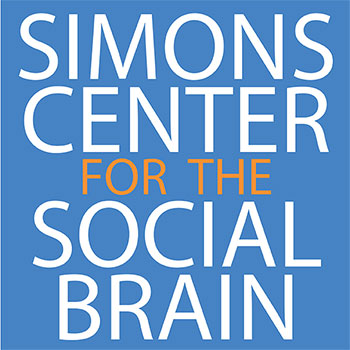Media Lab Virtual Visit is intended to open up the doors of the Media Lab to people from all around the world. The visit is hosted on the Unhangout platform, a new way of running large-scale unconferences on the web that was developed at the Media Lab.
|
Apr 06 15 11:00am - 1:00pm
|
|
|
Apr 02 15 3:00pm - 4:30pm
|
Speaker:
Adam Gazzaley A fundamental challenge for modern society is the development of effective approaches to enhance brain function and cognition in both healthy and impaired individuals. Neuroscientist Adam Gazzaley, will describe an approach developed in his lab that uses custom-designed video games to achieve meaningful and sustainable cognitive enhancement. |
|
Mar 17 15 11:00am - 12:00pm
|
 Contact wellbeing-events [at] media [dot] mit [dot] edu with questions. |
|
Mar 16 15 4:30pm - 6:00pm
|
Speaker:
Dr. Temple Grandin This event is co-sponsored by the Media Lab and the Simons Center for the Social Brain and is open to the public.
|
|
Mar 12 15 3:00pm - 4:30pm
|
 Speaker:
Jeffrey “Lyte” Lin When online communities first emerged on the Internet, they developed without structure; there were no consequences so users “grew up” thinking that certain behaviors (such as being racist, homophobic, or sexist) were an accepted norm online. As society spends more and more of their time online, we believe that the next evolution of online society is to give the online citizen the tools to build and shape their own community—to believe in users and players and their ability to do the right thing. |
|
Mar 11 15 7:30pm - 9:30pm
|
http://www.hbo.com/movies/temple-grandin#/ |
|
Mar 11 15 12:00am - Mar 17 15 12:00am
|
 Speaker:
Dr. Temple Grandin Host/Chair:
Rosalind W. Picard
These events are open to the public. Film Screening Special Talk |
|
Mar 05 15 3:00pm - 4:30pm
|
 Speaker:
BJ Fogg Host/Chair:
Pattie Maes
To create behavior change that endures, designers have only one approach that is both fast and reliable: Change the environment. The Fogg Behavior Model (B=MAT) illuminates how this approach works. Changes in environment can specify behaviors (B). They can increase or decrease motivation (M). They can make behaviors easier or harder (A). Finally, environment changes can set or remove triggers (T). |
|
Mar 03 15 4:00pm - 6:00pm
|
 Your gut is a genius. Inside it exists an astonishing ecosystem of trillions of micro-organisms—more than 10 times the number of human cells in our bodies! This ecosystem of microbes—the human gut microbiota—deeply influences our physiology, from health to mood to even how our brains work. Recent discoveries show what the gut microbiota is capable of, but have also unlocked curious theories, even more questions, and concerns and fears. Can it save all of humanity? Or can it at least give us perfect skin and a cheerful disposition? |
|
Feb 27 15 10:30am - 11:45am
|
 Speaker:
Cameron Kerry Isabelle Falque-Pierrotin Cameron Kerry joined Governance Studies and the Center for Technology Innovation at Brookings as the first Ann R. and Andrew H. Tisch Distinguished Visiting Fellow in December 2013. He is also a visiting scholar with the MIT Media Lab. Kerry served as General Counsel and Acting Secretary of the United States Department of Commerce, where he was a leader on a wide of range of issues laying a new foundation for U.S. economic growth in a global marketplace. He continues to speak and write on these issues, particularly privacy and data security, intellectual property, and international trade. |
